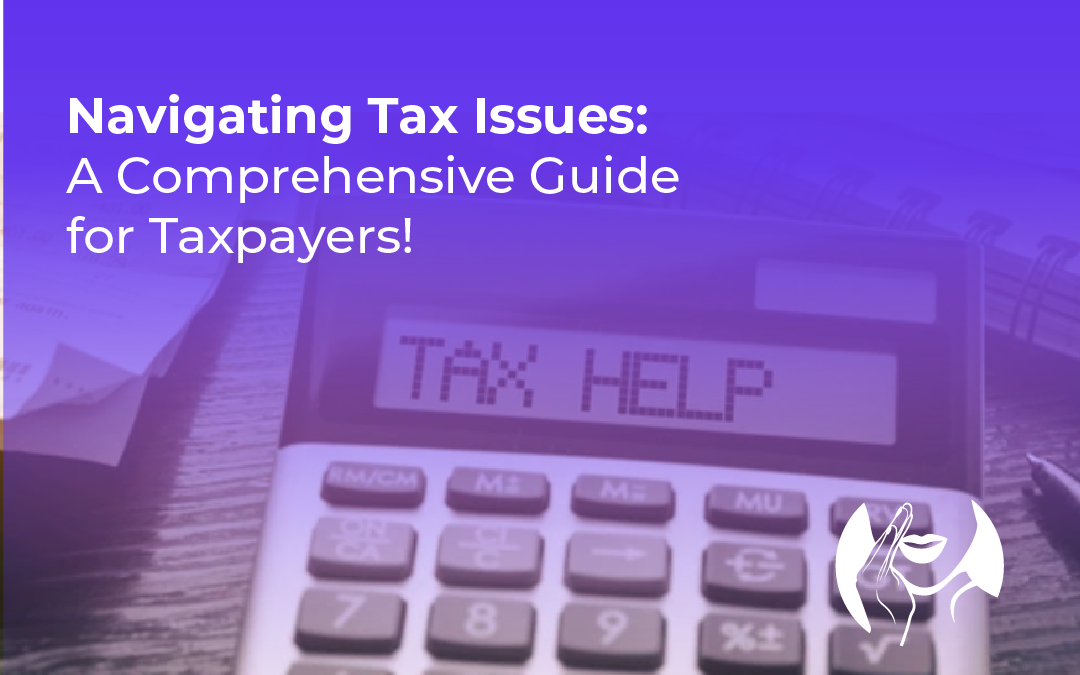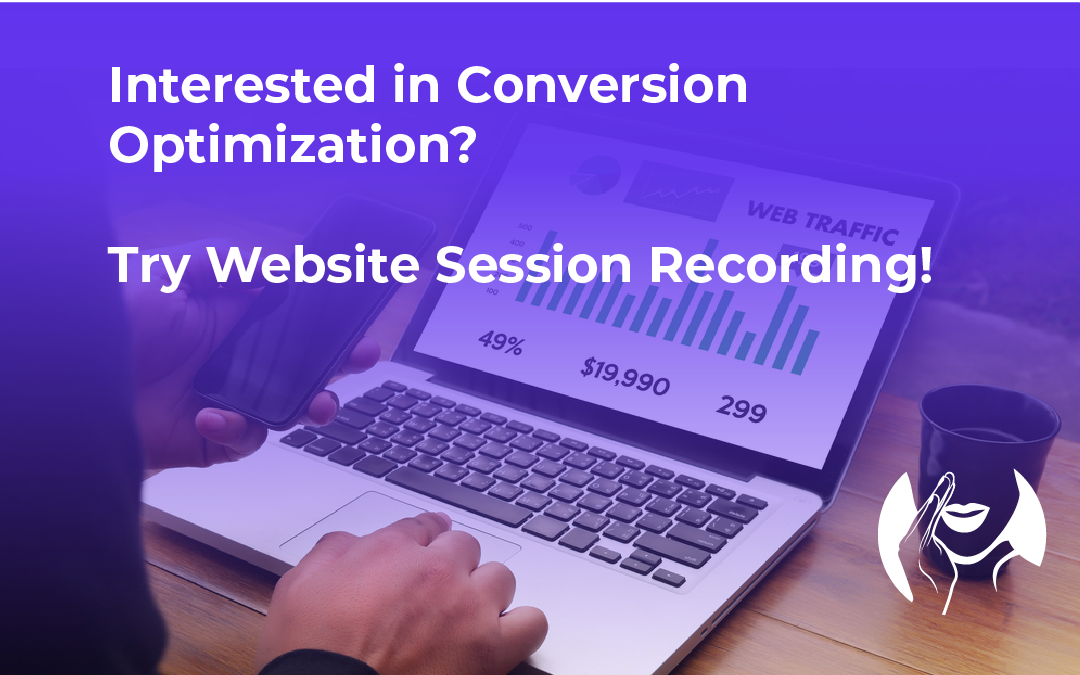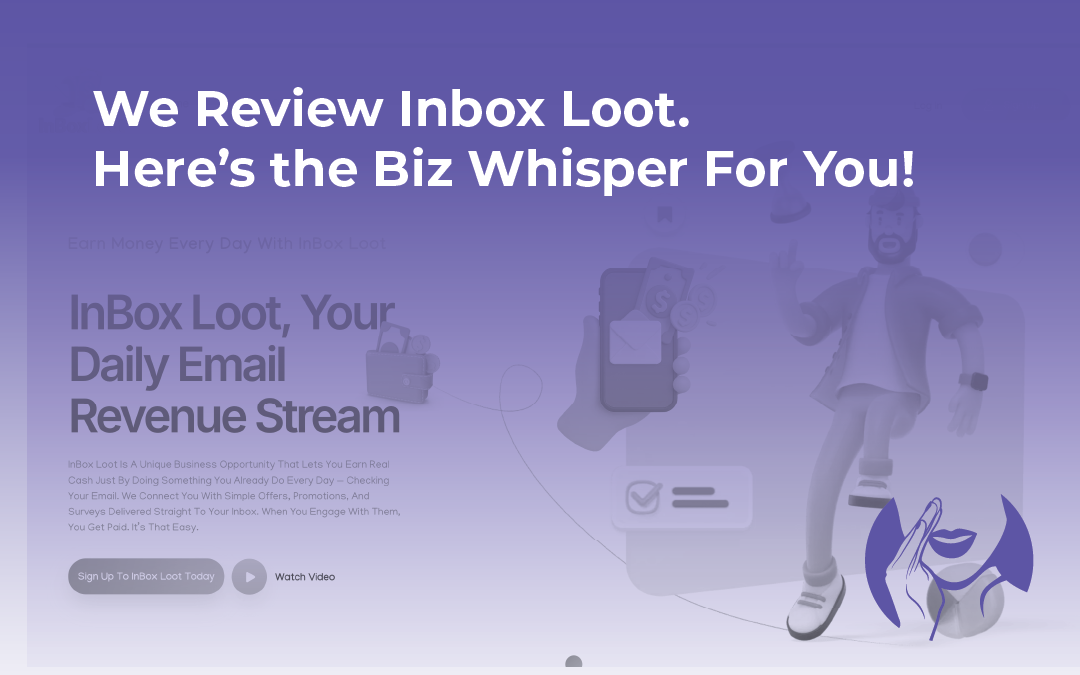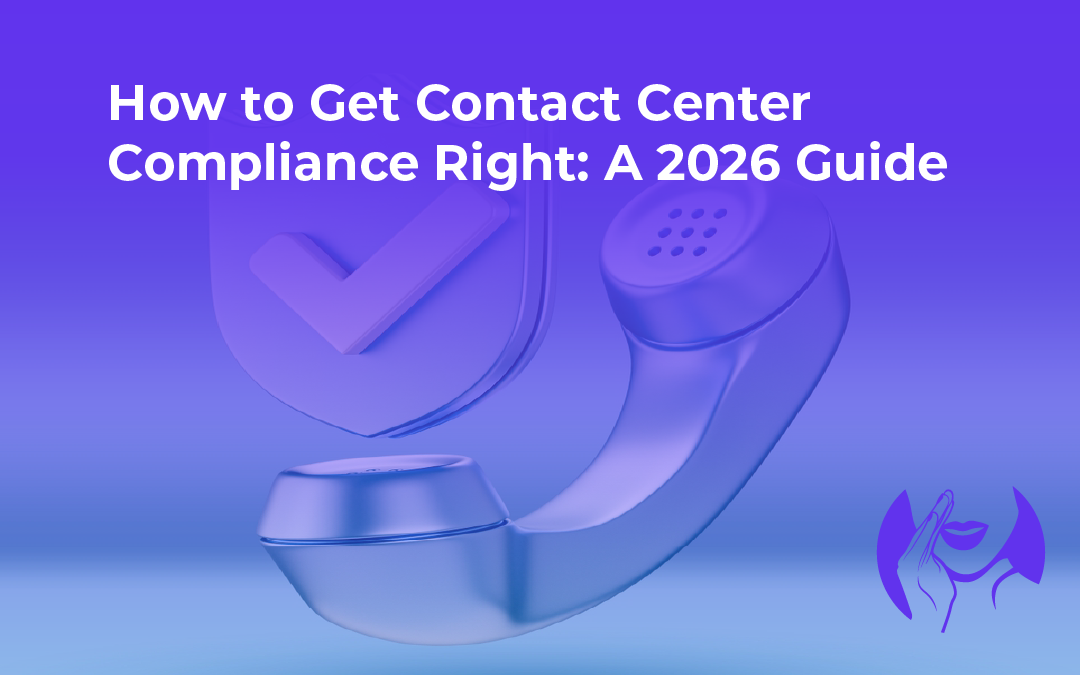Are you one phone call away from a public relations disaster? You might not want to think about it, but plenty of companies run a serious risk of not following the law. A single slip-up in contact center compliance can trigger massive fines and destroy the customer trust you have built with customers.
This isn’t just a boring checklist exercise; getting contact center compliance right is a critical part of a healthy business. Facing tough business spots? This guide hands you the right facts and clever plays to defend your operations. And we’ll also check out LeadBranch, the big difference-maker.
Table Of Contents:

- What Is Contact Center Compliance, Really?
- Why You Absolutely Can’t Ignore It
- The Alphabet Soup of Compliance: Key Regulations to Know
- Practical Steps for Keeping Your Contact Center Compliant
- How Technology Can Be Your Compliance Wingman
- Conclusion
What Is Contact Center Compliance, Really?
In simple terms, contact center compliance is all about following the rules. Government regulations, accepted industry benchmarks, and your company’s own established directives form these rules. They govern just about everything you do in your daily operations.
This includes how your center agents talk to customers and what they can say during customer interactions. You’ll learn how to collect, use, and store private customer data – things like credit card numbers or personal health details. You know how annoying it is to get unwanted calls or texts? This also helps you make sure your calls and messages are always welcome, never a bother.
Safeguarding individuals from predatory commercial conduct stands as our central objective. They won’t face fraud. Harassment and privacy invasions are also blocked. At the same time, it protects your business from very serious operational and financial risks.
Why You Absolutely Can’t Ignore It

Pretending these compliance regulations do not exist is a recipe for disaster. Failing to maintain regulatory compliance has very real and serious consequences. Overlooking this spot could wipe out all your hard-won progress.
Let’s look at what could happen:
- Hefty Financial Fines. Break a rule. Government agencies will act. Violating the TCPA can result in penalties for every single call or text sent. HIPAA violations have led to settlements costing millions of dollars, as reported by the U.S. Department of Health & Human Services.
- A Damaged Reputation. Trust is hard to earn and incredibly easy to lose. A data breach or a story about pushy collection practices can spread like wildfire online. When bad publicity hits, it stains your company’s name for ages, souring how people feel about doing business with you.
- Serious Legal Problems. On top of government fines, you could face legal action from consumers. Angry customers can file individual or class action lawsuits against your company. Even if you win, the lawyer’s bills can still hit your wallet pretty hard.
- Disrupted Operations. Imagine this: government bodies could demand you switch up how you do things. They might shut down your way of taking payments or even block your phone service. Imagine your entire outbound team being sidelined overnight, halting revenue generation completely.
The Alphabet Soup of Compliance: Key Regulations to Know
Contact centers operate at a busy intersection of different rules and regulations. It can feel like you need a law degree to understand it all. You will hear a lot of acronyms, but these are the main ones you need to be aware of.
TCPA: Telephone Consumer Protection Act
If your team makes outbound calls or sends texts, you need to live and breathe TCPA compliance. The Federal Communications Commission (FCC) enforces this law to protect the telephone consumer from unwanted telemarketing calls. Before you contact anyone, get their okay. It’s super important with automated dialers or pre-recorded messages.
This also means you must honor the National Do Not Call Registry and maintain an internal do-not-call list. You must also stick to specific calling hours, usually between 8 a.m. and 9 p.m. in the recipient’s time zone. Using smart center solutions that manage leads by location can prevent these simple but costly mistakes.
PCI DSS: Payment Card Industry Data Security Standard
Do you handle credit card payments over the phone? Then you need to follow the payment card industry data security standard (PCI DSS). Whenever a customer pays with a card, their data needs protection. These security standards are the framework that keeps all that payment information secure.
This security standard is not a federal law, but the major credit card companies require it. Some key rules include never storing sensitive authentication data like the three-digit CVV code after a transaction is complete. Keep your systems locked down tight. And make sure to coach your staff on handling customer payment information carefully and correctly.
Not following these card industry data security standard rules can lead to fines from the payment card industry or even losing your ability to accept card payments. Any business that handles credit card payments simply must follow PCI DSS rules. Your company’s data protection directly guards your valuable information.
HIPAA: Health Insurance Portability and Accountability Act
For any contact center dealing with health information, the Health Insurance Portability and Accountability Act (HIPAA) is a major factor. Your health records, known as PHI, get protection from a federal law, keeping them private and safe. If you run a medical practice or hospital, this applies to you. It also includes any company that manages your patients’ private records.
Lock down this information tight. If it slips out, expect major headaches. You can bet we always double-check a patient’s ID before we ever give out their information. And our safety steps are super strong. All digital and physical data must be stored securely to comply with health insurance portability regulations.

Violating HIPAA can lead to those million-dollar fines we talked about earlier. Ensuring your contact center software and processes align with health insurance regulations is not optional. You simply must follow this.
GDPR & Data Privacy Laws
Data privacy is a global concern. The General Data Protection Regulation (GDPR) in Europe changed the game for how companies handle personal data. Even if you’re not in the EU, these rules may apply if you have European customers.
Many places, like California with its CCPA/CPRA, have similar data protection regulation laws. They give consumers rights over their data, like the right to see it or have it deleted. Show folks exactly how you use their information. Always ask permission before sending them marketing messages.
Safeguarding customer information shapes today’s service. Customers expect their personal information to be handled with care. People trust businesses that vigilantly guard their personal data.
FDCPA: Fair Debt Collection Practices Act
If your business is involved in collecting debts, you need to know the Fair Debt Collection Practices Act (FDCPA). The Federal Trade Commission brought this law to life. It puts an end to mean and dishonest debt collection. This document clearly outlines specific boundaries. Debt collectors must follow these when reaching out about outstanding bills.
Under fair debt collection rules, you cannot use harassing language or make false threats. You must be honest about the amount of debt owed and provide validation upon request. A proper collection practice involves treating people with respect, even in a difficult situation.
The FDCPA spells out exactly when and how debt collectors can reach you, keeping unwanted calls away. Ignoring the regulations set for fair debt collection often leads to severe financial repercussions, such as large fines levied by regulatory bodies, or protracted litigation initiated by aggrieved consumers. You can’t collect debts responsibly without strict compliance.
Practical Steps for Keeping Your Contact Center Compliant
Knowing the rules is just the first step. That’s the hard part. You’ve got to make them fit right into your everyday work. This is not a one-person job; it takes a team effort to maintain regular compliance.
Make Training a Constant Habit
Your agents are your first line of defense in protecting your business. They need more than a one-day training session during onboarding. Everyone must stay updated on company rules. These guidelines directly shape how they do their work.
This means covering specific laws like the TCPA, FDCPA, and your own internal data policies. Use role-playing and quizzes to make sure the information sticks. When a regulation changes, everyone needs to be updated immediately through focused compliance training.
When people keep learning, following the rules just becomes a natural part of their everyday work, right from the very start. Agents can now make smart choices with every person they talk to. Solid training reduces compliance risk significantly.
Build Fort Knox Around Your Data

Protecting customer data has to be a top priority. Simple things like using strong passwords are a start, but true data security goes deeper. You should limit who can access sensitive customer information to only those who absolutely need it for their roles.
Getting your data organized well makes all the difference here. When you work with a really solid database, Imagine your business sprouting new customer connections easily. That’s the power of LeadBranch at work. It flips the whole situation around. Grow your business, simply. You can sort your potential customers with incredible accuracy, checking details like their age, if they’re married, their credit standing, and whether they own a home. Finding your ideal customers becomes simple. Plus, you’ll handle all their information with care.
Keep your information private and precise. You simply divide lists and give access only to the correct people. Regularly scan your systems for weak spots and have a clear plan for how to handle a data breach if one occurs. Security is not a one-time setup; it needs constant attention and compliance monitoring.
Keep Excellent Records
Good documentation is your best friend during an audit or legal dispute. Write down all customer chats. Be accurate. We’re talking about all the details from customer calls, their online chats, and what your team wrote down.
You should also have a clear data retention policy. Your rules should explain exactly how long you hold onto different kinds of records and the safest ways to get rid of them for good. Just letting data pile up forever is a recipe for risk and potential data breaches.
You’ll find these documents super important for checking quality and for all those performance talks. You get real examples. They help train agents on quality service and following rules. Proper records are a fundamental part of a sound quality management program.
How Technology Can Be Your Compliance Wingman
Trying to manage all of this manually is nearly impossible today. Good news: modern contact center tools can handle much of the hard work for you. Pick the best programs. They make sure you follow every rule right within your daily tasks.
Many center software options are available to assist with these tasks. Quality assurance software, or QA software, can automatically scan interactions for compliance issues. With this tool, managers quickly spot any trouble and get it fixed right away.
Here is how different technologies can help you manage your compliance requirements:
| Technology Type | Compliance Function | Key Benefits |
|---|---|---|
| Call Recording Software | Documents verbal consent and customer interactions. | This gives a factual history. It helps settle arguments and check quality. |
| QA Software | Automated monitoring and scoring of interactions. | Identifies compliance breaches and agent training needs systematically. |
| CRM with Consent Management | Tracks and manages customer consent preferences. | Helps avoid TCPA and GDPR violations by honoring opt-outs. |
| Dialing Systems | Enforces calling time restrictions and DNC lists. | Automates adherence to the Telemarketing Sales Rule and TCPA. |
| Data Management Platforms | Securely organizes and segments customer data. | Your data stays safe. We handle privacy rules. Plus, we help you talk to the right crowd. |
Features like call recording create an objective record you can use for training or to resolve disputes. Some systems even have a pause-and-resume feature. This lets an agent pause a recording while taking a credit card number to help with PCI compliance.
This is also where a tool like LeadBranch truly shines. It’s not just names and numbers. You get the whole picture, the real story. This database thinks for itself. It keeps your work efficient and secure.
Do you need to message people who have responded to past campaigns? LeadBranch helps you do that. You’ll get better leads and perfectly timed text messages because we built this for you. You can use its filters to make sure you are only contacting people who fit your criteria and have given proper consent.
Ever wish there was a simpler way to sort your sales prospects and keep customer information tidy and compliant? LeadBranch helps you find more potential customers, plain and simple. Think of a database created just for your modern contact center. It works great for anyone in financial services. You can connect with people using messages just for them. Pick your audience by their birth date, age, gender, or if they own a home. Imagine: your customer information is clean, your contact lists are neat, and staying within legal guidelines becomes simple, all because of smart solutions. Check out LeadBranch.io to see how it works, or contact sales for a demo.

Conclusion
Maintaining contact center compliance is not just about avoiding trouble. The aim is clear. We build businesses people can trust. It’s a steady push that relies on clear plans, people always getting better, and picking the right tech to do the job.
You can start by understanding which rules apply to you and identifying any weak spots in your current operations. When call centers get ahead of new rules and use strong tools, like those that help manage customer calls, Imagine LeadBranch bringing in your next great client. Your customers stay safe. Your good name and profits stay strong.
When you show you truly care, your customers feel it. That deep trust makes your operations run like a well-oiled machine for the long run. Your commitment to compliance note by note becomes a competitive advantage. Your customers see you care. They trust you with their private info.














